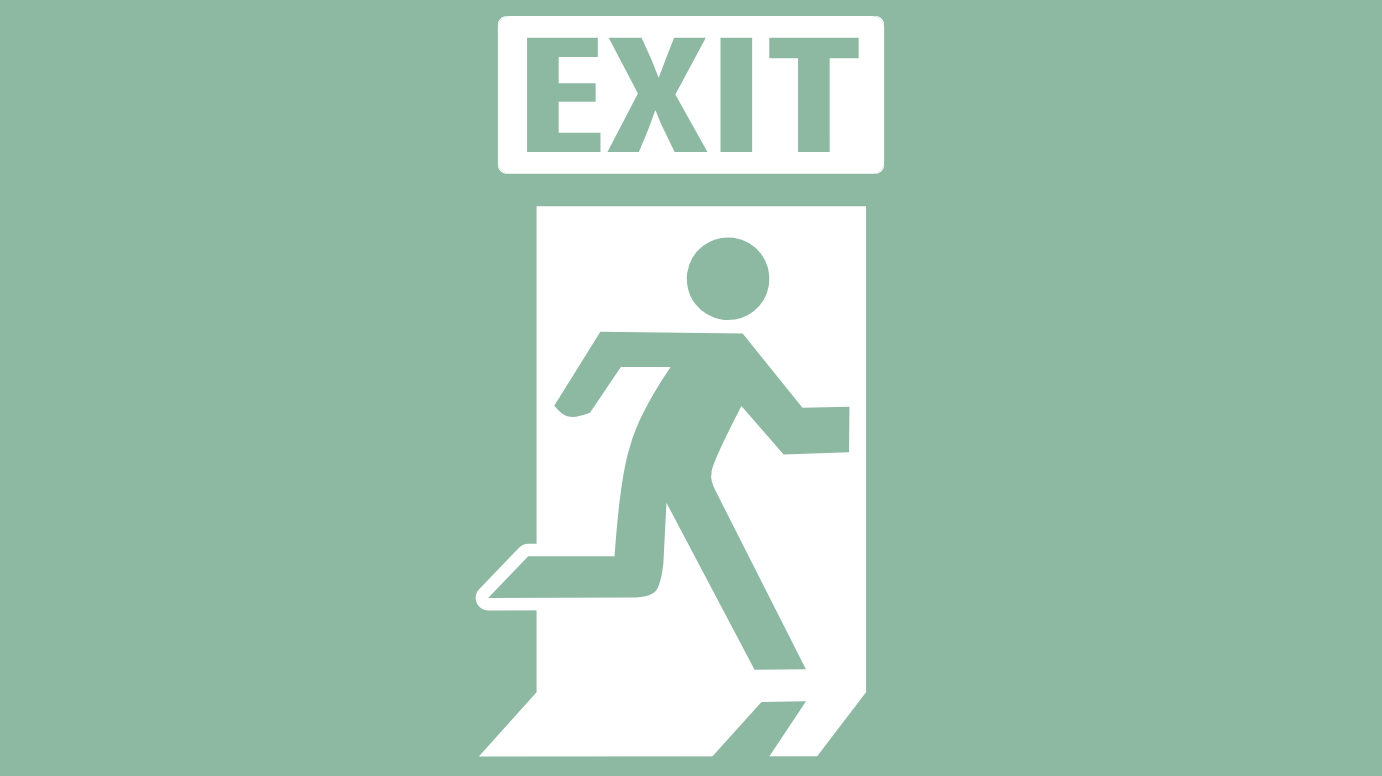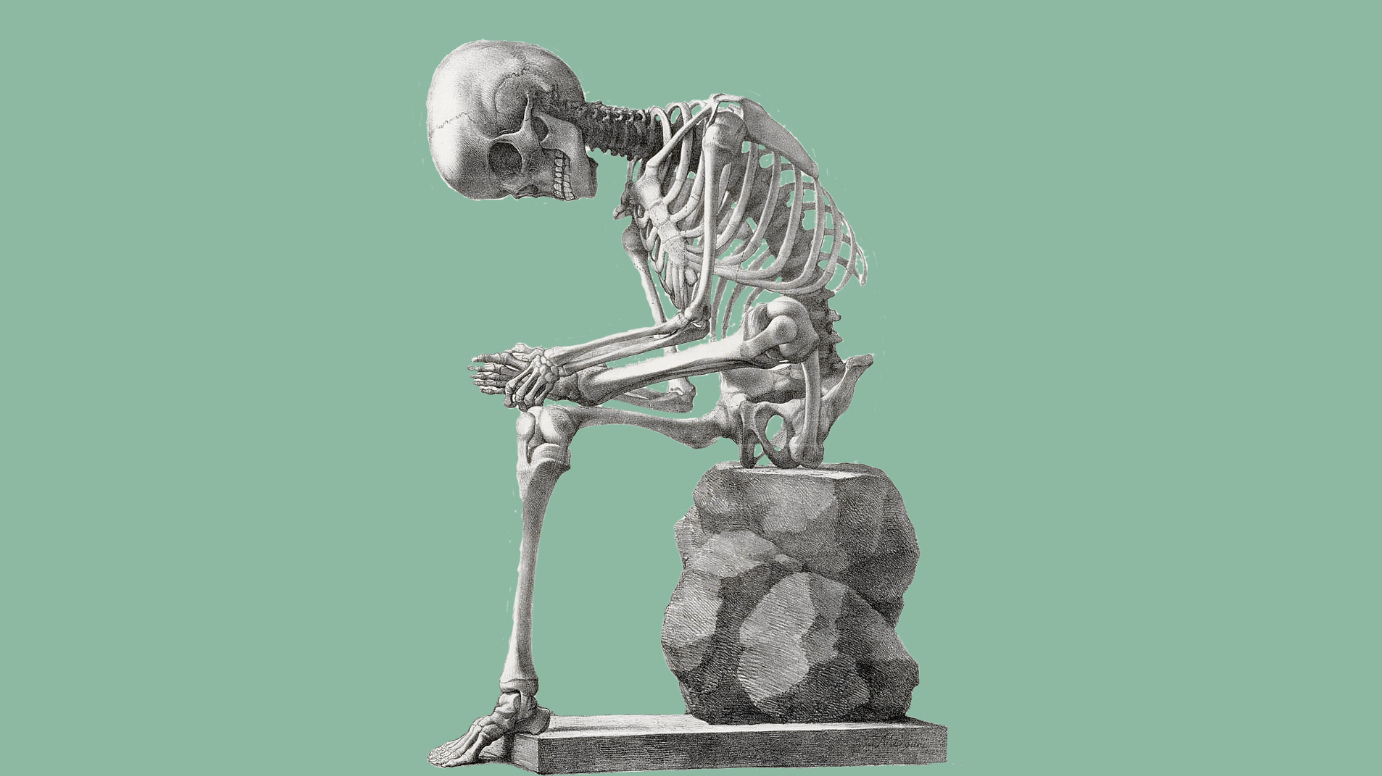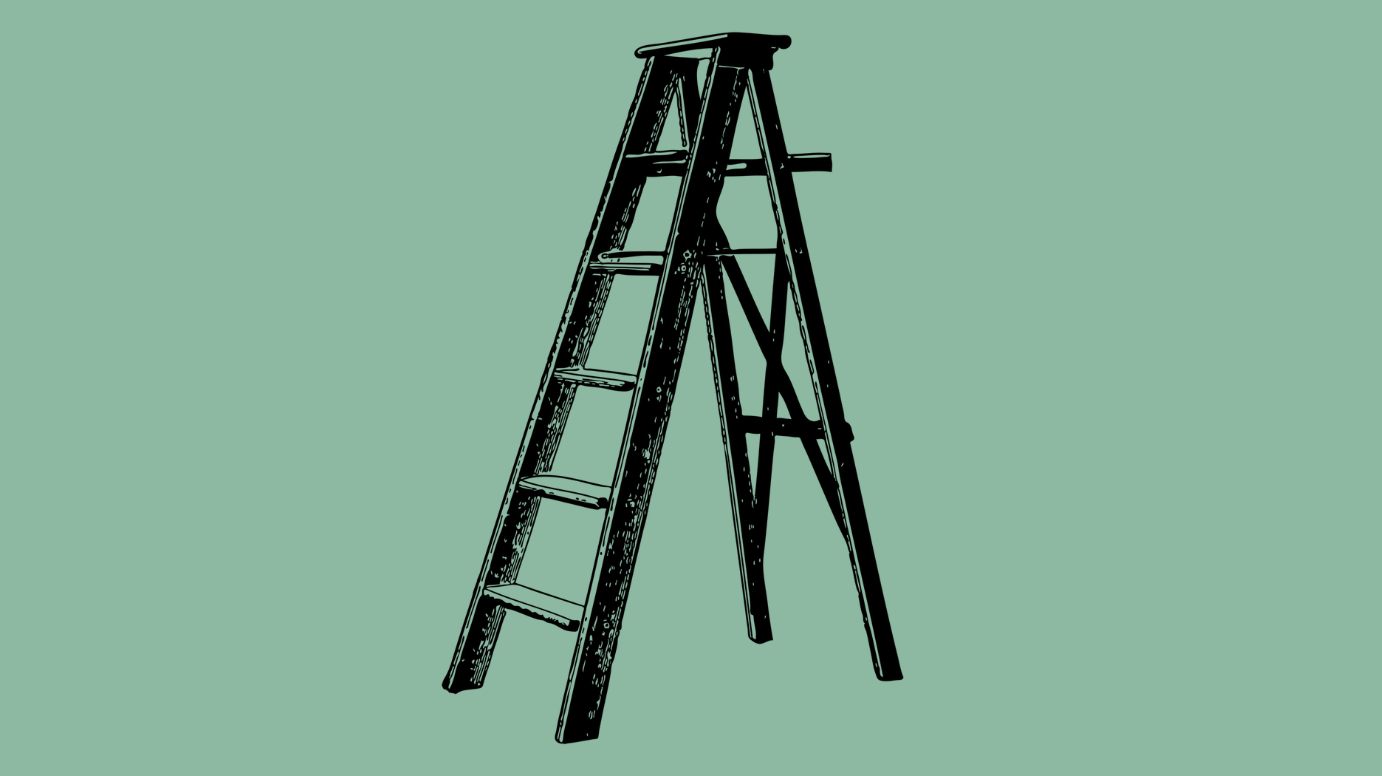
This is journalism's largest exit interview
27 journalists (for now) on why they stopped working in news
This curation will be updated regularly. If you spot relevant posts I missed, do send them my way.
We feel the need to explain ourselves. Because we often enter journalism as we enter a religion, because we too often treat those who leave it as apostates without hope of return, and because we're the kind of people who think through the keyboard, when a journalist makes a career change, there's usually a blog post about it. (There's even proper scientific research about that phenomenon.) These are all the posts I could find from journalists leaving a newsroom or the profession entirely. Together they paint a picture of why we lose our best talent... and what we might do to keep them.
These are 27 (for now) journalists on why they left the news industry.
Brooke Baldwin (CNN): “Life is unfair. People are shitty. Bosses are bullies. This is not news. In the hierarchy of giving a shit, I didn’t think my story, my thousand little cuts, amounted to much.”
Benjamin Carlson (The Atlantic): “The main (reason) was this: the growing feeling that being a reporter put me at odds with my values—and, ultimately, myself.”
Marni Chan (Mic): “For a long time, the part of me that’s very hard on myself felt like I had failed at being a real writer, whatever that means. But the part of me that’s older now is really at peace with it. I wanted other things in life.”
Nic Christensen (Mumbrella): “If there is one downside to this job – particularly being a media writer – it’s that it often feels like bearing witness to the decline of the media industry.”
Adam Davidson (NPR, The New Yorker): “I found many of the ways journalism works no longer made much sense, at least not to me. It felt too timid, too easily hijacked, too insular, too defensive.”
Cameron Fields (cleveland.com): “I have fought myself to no end, constantly questioning whether I belong, constantly questioning why I am a writer in the first place. But those two weeks (co-reporting with children) were tranquil. They helped me see I was destined to become a teacher and that the journey ahead is going to be awesome.”
Phoebe Gavin (Upworthy, ThinkProgress, Quartz): “A calling isn’t a job or an industry. It’s an activity or an impact.” (Part of the OpenNews Exit Interview series)
Tim Herrera (The New York Times): “It was a lot of factors coming together, pointing me in one direction that I knew I was already going to end up in any way.”
Logan Hill (freelance longform writer): “I felt like I kind of hit a ceiling. And the ceiling was dropping.”
Charlie Johnson (The Chicago Tribune): “Those who labor behind the scenes — who often handle jobs of enormous consequence — their work goes literally unremarked upon.” (Part of the OpenNews Exit Interview series)
Nate Johnson (Grist): “I could just actually see things getting done bit by bit, as opposed to working really hard putting words together and then sending them off into the void and wondering if it made any difference at all.”
Adam Kress (Phoenix Business Journal): “Truth be told I was getting bored. The news became repetitive over time, and after a few years of implementing a lot of great digital tactics, the company had stagnated in that area. My hands were tied when it came to trying anything truly new or different.”
Mia Lobel (Pushkin Industries): “In that moment I felt the first twinge of what was to become full-fledged burn out. ... How could I possibly maintain that pace of hiring and training and management for another year or more?”
Ashley Lose (local reporter in the US): “It was a toxic work environment. I’m the person that comes into the cubicle, and I’m like, ‘Good morning everyone!’ And my coworkers would be like, ‘Why is she so happy?’”
Nicole MacAdam (The Ottawa Citizen): “I had the overwhelming sense that if I stayed on that path, I’d never be able to prioritize the parts of my life that made it worth living.”
Erica Martin (New York Magazine): “It was really depressing to be in the place that I believed had the best music, the best culture, the best restaurants, and the best nightlife, and I couldn’t actually afford any of it.”
Vanessa Ogle (local reporter in New York): “I couldn’t make my student loan payments. I held up the soles of my beat-up shoes by putting hair ties around them, though the unsecured edges still flapped when I walked. At one point, I was eligible for Medicaid.”
Diego Quinteros (La Nación): “When you're 20, earning little money doesn’t matter so much. When you’re 30, with no weekends and still earning little money, the equation is much more complex.”
David Rosenfeld (Southern California News Group): “It just wore me down. I broke. I got so burnt out. I didn’t even realize how much of an effect it was having on me. I couldn’t do another day. I had a breakdown. I was so depressed.”
Sara Simon (Vermont Public Radio, The New York Times, Spotlight PA): “I never grew up wanting to work in news, so in a strange way, it wasn’t too difficult to leave. It would have been a much harder decision had that not been the case, and I suspect the source of so much problematic behavior in this industry is a predatory response to those steadfast young dreams.” (Part of the OpenNews Exit Interview series)
Moiz Syed (The Intercept, ProPublica): When you work in journalism... you make a bargain with yourself. You take a pay cut in return for feeling good about the work you’re doing. ... I think many of us ask ourselves whether this burden has become too heavy.” (Part of the OpenNews Exit Interview series)
Aaron Williams (Reveal/The Center for Investigative Reporting, The San Francisco Chronicle, The Washington Post): “Being labelled a 'digital' journalist felt like a death knell to my future career aspirations. I spent large parts of my career convincing editors I was a journalist, full stop.” (Part of the OpenNews Exit Interview series)
Anonymous (early career in large mainstream newsroom): “The company wasn’t as open to change as they said they were. It was a constant frustration. ... Then I realized: I don’t have to do that. The rest of my career doesn’t have to be that. There was no urgency to change or adapt to the times. I didn’t want to stay on what felt like a sinking ship.”
Anonymous (Justine Reix for Vice speaks to four former journalists in France): “One day, I realised I wasn’t happy, and I didn’t know any journalists who were happy.”
This curation will be updated regularly. If you spot relevant posts I missed, do send them my way.
Hey, you read to the end!
Don’t miss future articles like this one; let me into your inbox.






